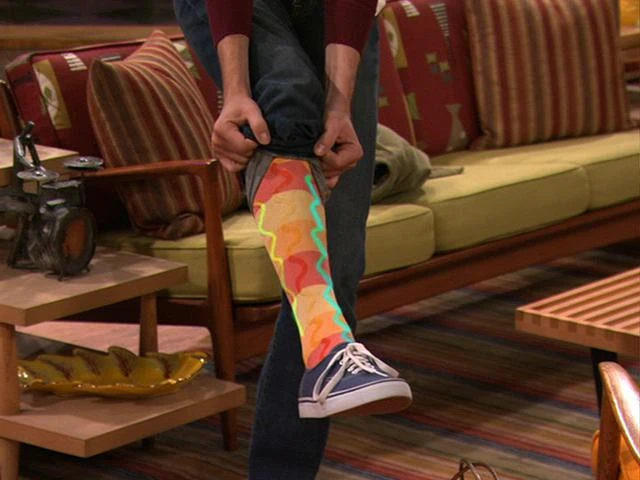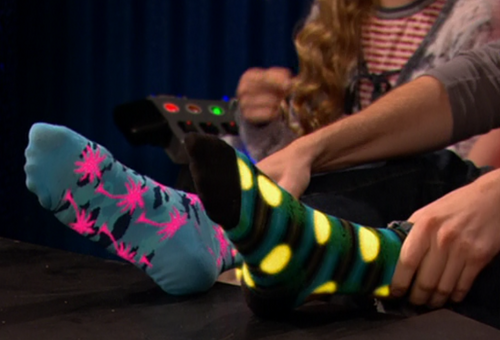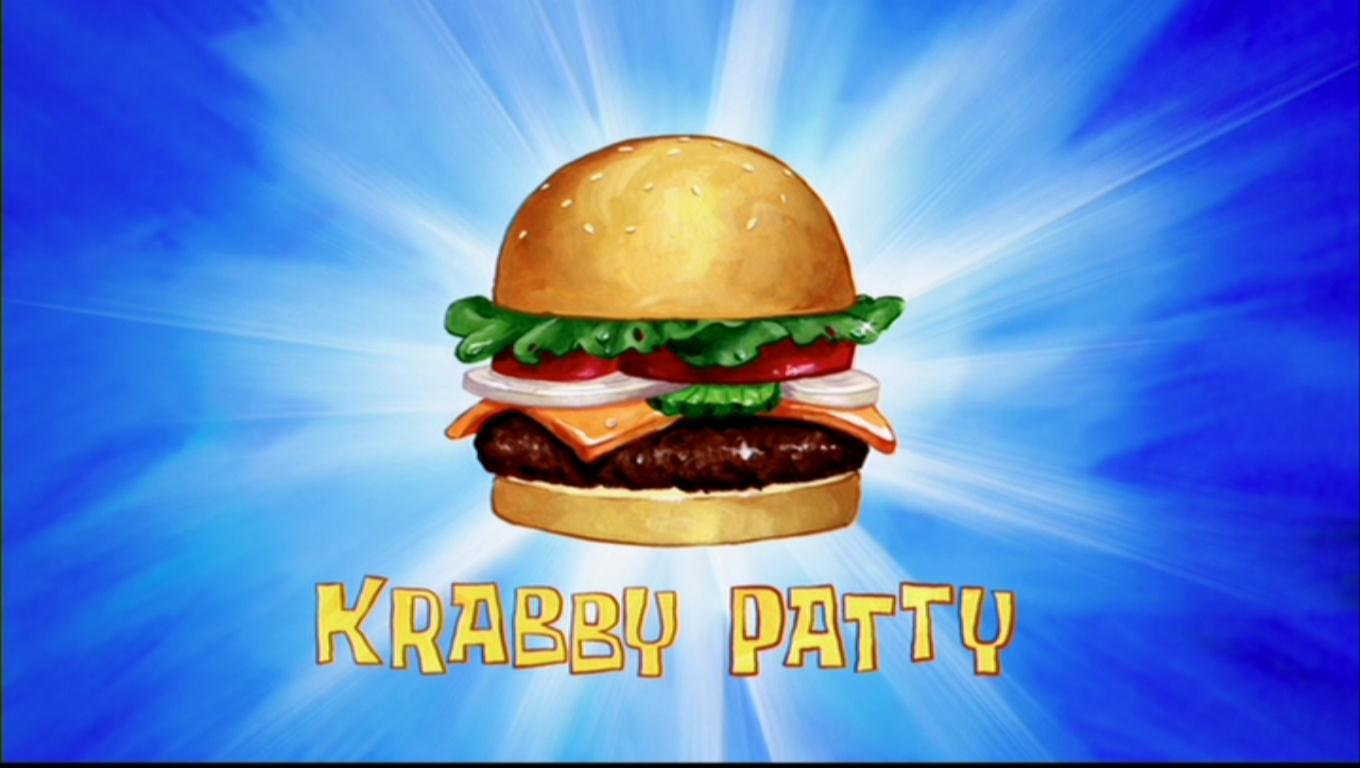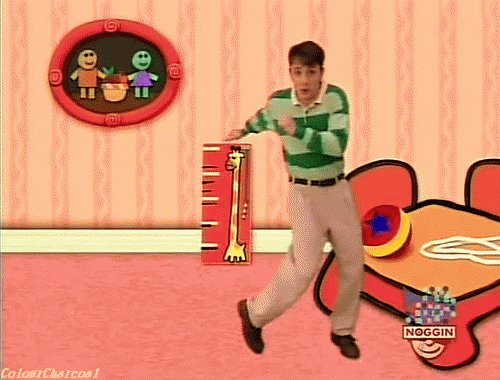As a feminist, progressive thinking, academically minded individual, there are a lot of things in culture and media that I have strong opinions on — equality, education, and self-love to name a few. The thing is, as much as I cherish these things conceptually, it can sometimes be a real challenge to practice what I preach when I live in a world that constantly promotes exactly the opposite. I preach about the absurdity of beauty standards and expectations for women’s bodies, but I go to the gym every day to work toward a similar goal. I could argue to the death that women can do anything as well as men, but sometimes I catch myself looking for a male employee to help me with my electronics or repairs. I catch myself using the word “gay” or “retarded” as colloquialism for something inferior, though I would never think of the people who identify with these terms in an inferior way. It can be really difficult for all of us to be politically correct all of the time and I think all of us slip. I don’t think, however, that that makes us hypocrites, rather it makes us human.
We live in an extremely flawed society which we directly and indirectly perpetuate through many of the things that we do — reading tabloids, going on diets, looking away from problems of racism and sexism, etc. because otherwise we’d have to admit that we’re a part of the problem. We’re all a part of it, but that blaming (self or otherwise) isn’t going to solve anything. At the end of the day I think we need to unite in becoming better at catching ourselves and gently, lovingly, catching those around us. Everyone is so filled with fear of saying the wrong thing that we end up silencing ourselves, refusing to enter into the conversation, and thus further hindering progress.
What we need most right now are voices that are humble enough to admit they’re wrong, voices that are willing to speak when necessary and also listen, voices that empathize, voices that ask for help to learn. As a white heterosexual woman I often feel like I have no right to speak to issues of race or sexuality. Jackson Katz, creator of the Mentors in Violence Prevention program eloquently addresses this issue in his TED Talk called Violence Against Women–It’s a Men’s Issue:
“In the U.S., when we hear the word “race,” a lot of people think that means African-American, Latino, Asian-American, Native American, South Asian, Pacific Islander, on and on. A lot of people, when they hear the word “sexual orientation” think it means gay, lesbian, bisexual. And a lot of people, when they hear the word “gender,” think it means women. In each case, the dominant group doesn’t get paid attention to. Right? As if white people don’t have some sort of racial identity or belong to some racial category or construct, as if heterosexual people don’t have a sexual orientation, as if men don’t have a gender. This is one of the ways that dominant systems maintain and reproduce themselves, which is to say the dominant group is rarely challenged to even think about its dominance, because that’s one of the key characteristics of power and privilege, the ability to go unexamined, lacking introspection, in fact being rendered invisible in large measure in the discourse about issues that are primarily about us. And this is amazing how this works in domestic and sexual violence, how men have been largely erased from so much of the conversation about a subject that is centrally about men.”
Though this is more specifically tailored to gender violence, he makes an important point about the silencing of the dominant group. It is not our fault that our culture is flawed, it has become this way over the course of a long and messy history; what is our fault, however, is choosing to remain silent. Our voices are needed, voices that are willing to be learn to speak the language of respect to those populations that have been historically degraded by the dominant population. It’s time to establish a more forgiving and open dialogue so that we don’t feel as though we have to tiptoe around these issues for fear of saying the wrong thing. So, instead of tiptoeing, instead of feeling guilty for hypocritical slips, instead of pointing the finger at people who say something politically incorrect, it’s time to come together as a community and talk about the hard stuff.
*This post was largely inspired by a performance by Antonio Lyons, creator of the WE ARE HERE project. More information about this can be found on his website.










